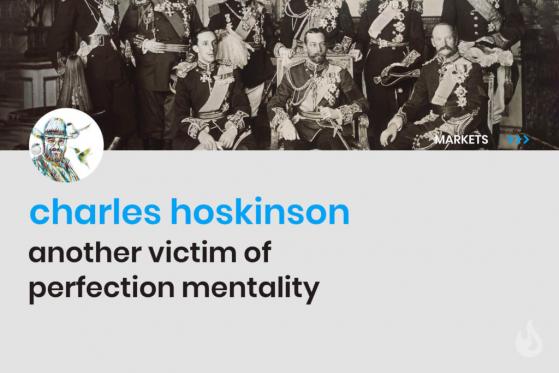Charles Hoskinson the Founder and CEO of Cardano (ADA) made a tweet about a shooting that happened in Denver Colorado in which 10 people were killed. After the tweet he was called out by a Twitter user and the following exchange ensued:
Not the best statement for the famous crypto space figure with hundreds of thousands of followers. But on the other hand, are business leaders supposed to not have emotions? And be infallible?
This is not the first time a public figure or a CEO has been attacked on social media for their personal beliefs. Thus once again the question arises whether every action that Charles Hoskinson or any other CEO takes, is seen in the light of the representative of his project?
As the disconnect between the digital world and the real world keeps shrinking, there is now a fetishized notion of what social media verse wants.
On one hand, the virtual world loves authenticity and genuine moments as can be seen from the success of relatable influencers. But at the same time both companies, CEOs, and starlets are seen as role models and are under scrutiny for comments and actions they take now or took several years ago.
The goal of this article is not to condemn nor defend Charles Hoskinson and his actions. But rather to shine a light on the fact, that no matter how good of a track record you have, you will never be exempt from public scrutiny and backlash for an infraction and a misstep from the norm of perfection.
The rude tweet of Charles Hoskinson reminds us of the term hyperreality, researched by French sociologist and philosopher Jean Baudrillard.
In semiotics and postmodernism, hyperreality is described as an inability of consciousness to distinguish reality from a simulation of reality. This is especially related to the postmodern and technologically advanced societies, where what is real and what is fiction are seamlessly blended together with no clear distinction between where one ends and the other begins.
If we are living in such sensitive conditions of hyperreality, the question is what should we consider as true evaluation criteria for a person? Someone’s emotional statements or his long-term achievements?
All public figures should be held accountable for their words and actions. But we should also admit that the rules of the game are very often unclear and the punishment for veering from the norm might be too severe at some points.
The only logical advice in such situations could be to stay more lenient and understanding before judging someone by a single action and instead look at someone’s conduct over an extended period of time.
